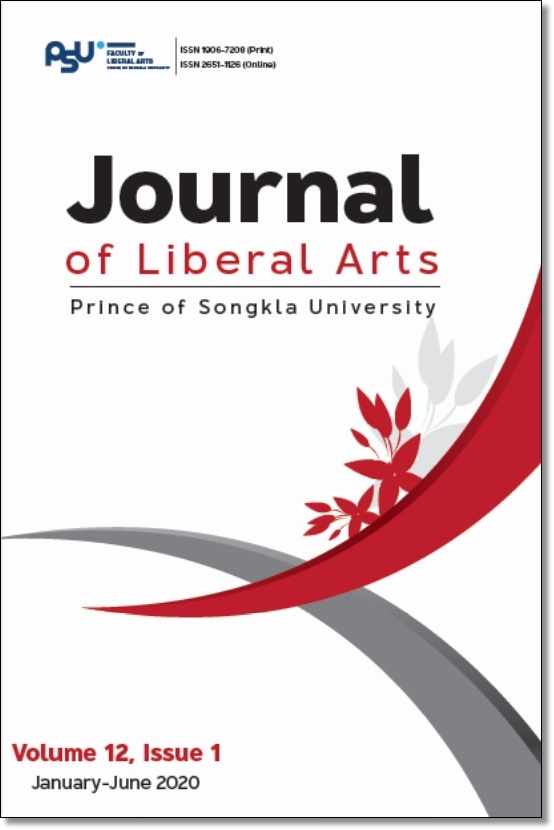Human Resource Management with the 4 Iddhipadas Principle
Keywords:
human resource management, the 4 Iddhipadas principleAbstract
This article is written for two purposes: 1) to study human resource management according to western concepts and 2) to study human resource management according to the 4 Iddhipadas principle. The data of this documentary research were collected from books, textbooks and theses.
The results show that the human resource management according to western concepts refers to the management process involving the personnel responsible for the work related to personnel of the organization. The process includes sharing knowledge, skills, and experience to recruit, select, and put qualified individuals into the organization. The process also involves taking care of the personnel, developing their appropriate potentials for the organization, ensuring the quality of their work life, and so on. The human resource management according to the 4 Iddhipadas principle includes three principles: 1) the principle of self-care that is a personal conduct and practice, 2) the principle of ruling others that is the ability to interact with others, and 3) the principle of job caring that is the ability to well perform duties and task assignments. The four virtues principle are 1) Chantha, which refers to satisfaction or love, 2) Wiriya, which is the perseverance in Dhamma practices, 3) Citta, which is paying total attention to doing the work and 4) Wimangsa, referring to contemplating the reasons for certain things which is a sign of intelligence.Human resource management in Buddhism must consist of practicing the Buddha's teachings, meditation, and wisdom in a coherent way through four areas of development: physical, sila, mental, and intellectual.
References
Klinrat, B. (2003). Human resource management. (2nded.). Faculty of Management Science, Rajabhat Institute Chiang Mai. [in thai]
Decenzo, D.A., & Robbins, S.P. (2002). Human resource management. (7th ed.). John Wiley & Sons.
Mahachulalongkornrajavidyalaya University. (1996). Tripitaka (Thai) Mahachulalongkornraja-vidyalaya University Issue (Book 10th, 22th, 30th). Mahachulalongkornrajavid- yalaya University. [in thai]
Khechonnan, N. (2002). Human resource management. Se-Education Co., Ltd. [in thai]
Phra Dhampitaka (Prayudh). (2003). Buddhism. (10thed.). Sahadhammixed Printing Co., Ltd. [in thai]
Phra Thanat Wattano. (2009). an Analysis of leadership qualities based on the Sevenfold Sappurisadhamma [Unpublished master’s thesis]. Mahachula-longkornrajavidyalaya University. [in thai]
Sriwichai, S. (2007). The educational administration based on buddhist principle [master’s thesis, Mahachulalong –kornrajavidyalaya University]. Mahachulalong-kornrajavidyalaya University. [in thai]
Downloads
Published
How to Cite
Issue
Section
License
The authors retain the copyright to their article but the Journal of Liberal Arts, Prince of Songkla University reserves the exclusive rights to first publication.






